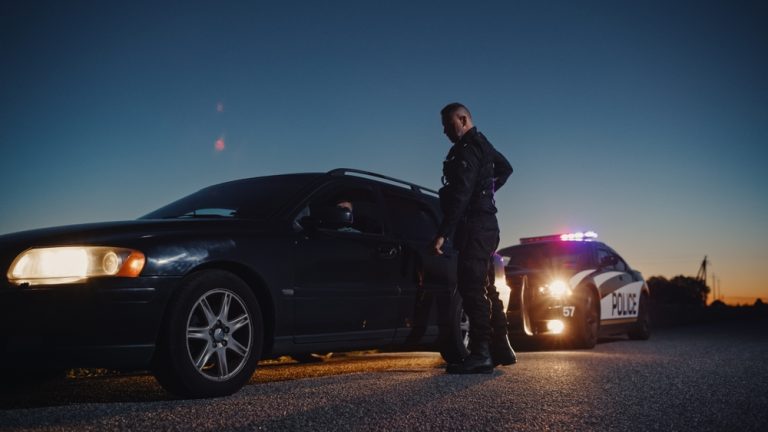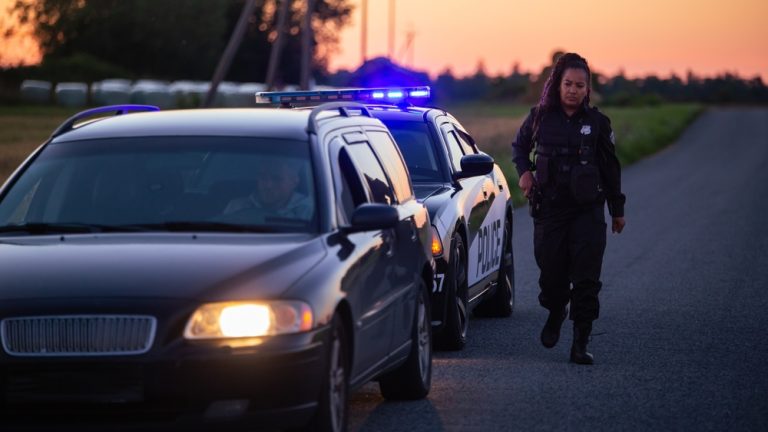The Front to Back of the Rear-End Rebuttable Presumption of Negligence
The Front to Back of the Rear-End Rebuttable Presumption of Negligence
Florida courts have created a rebuttable presumption of negligence on the rear driver. Due to the extreme effect this presumption can have, courts have also created specific exceptions to the general rule. Through a myriad of cases, the exceptions continue to be refined and are generally strictly construed and applied.
What is the rear-end collision rebuttable presumption of negligence?
Florida is a pure comparative fault state, which means comparative fault by percentage can be divided amongst any of the parties identified on the verdict form. In cases involving rear-end collisions, Florida courts have created a presumption of negligence in favor of the lead driver. Unless the actions of the rear-end driver fall within certain specified exceptions, a directed verdict must be entered reflecting the rear-end driver’s actions are the sole proximate cause of the accident.
What are the exceptions to the presumption of negligence against the rear driver?
We often defend cases involving rear-end collisions. Sometimes our clients assume because one party was in the rear, that party must automatically be at fault. While Florida courts have created a presumption of negligence on the rear-end driver, that presumption can be rebutted in three different scenarios:
- affirmative evidence of a mechanical failure in the rear vehicle
- testimony of a sudden and unexpected stop or lane change
- evidence that a vehicle was illegally stopped on the roadway
See Department of Highway Safety & Motor Vehicles v. Saleme, 963 So. 2d 969 (Fla. 3d DCA 2007).
Are the courts strict in application of the exceptions to the rebuttable presumption of negligence?
Yes. Courts are very particular about the application of the exceptions. For instance, a sudden stop by the lead driver is not sufficient to overcome the presumption. It must be both sudden and unexpected. An arbitrary stop in a highway has been found to be both sudden and unexpected. However, a sudden stop at an intersection due to someone running a red light is not considered unexpected. Once proper evidence of one of the exceptions is admitted, the presumption of rear-end negligence has been rebutted and a finder of fact will then decide comparative fault.
What if another driver or person, other than the rear-end driver, contributed to the accident?
To illustrate what can sometimes seem feel like the draconian nature of the rear-end rebuttable presumption of negligence, in the recent Florida decision of Sorel v. Koonce, 2011 WL 521447, 36 Fla. L. Weekly D358 (Fla. 1st DCA, Feb. 16, 2011), the lead driver stopped suddenly at an intersection to avoid another vehicle (not a party) which ran the red light. The jury returned a defense verdict in favor of the rear-end driver finding he was not at fault. This verdict was de facto overturned on appeal as the appellate court held directed verdict should have been entered against the rear-end driver. The court noted the front driver’s stop, while possibly sudden, was not unexpected. Specifically, the court found a stop at an intersection should always be expected, as one never knows whether a pedestrian, emergency vehicle, or vehicle running through a red light may be approaching. Under certain factual scenarios, the “simple” application of the rear-end collision rebuttable presumption of negligence certainly can become quite complex.







